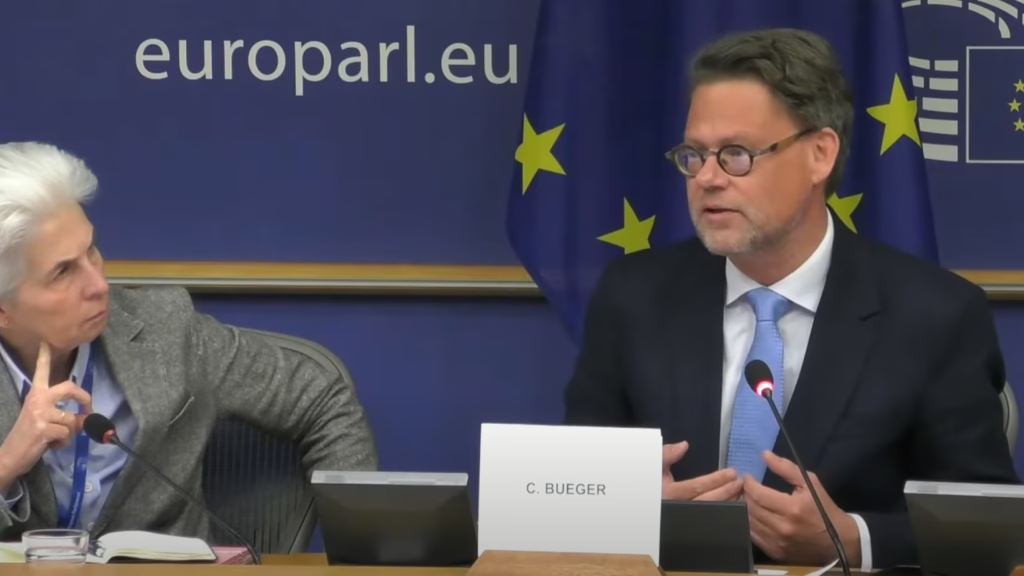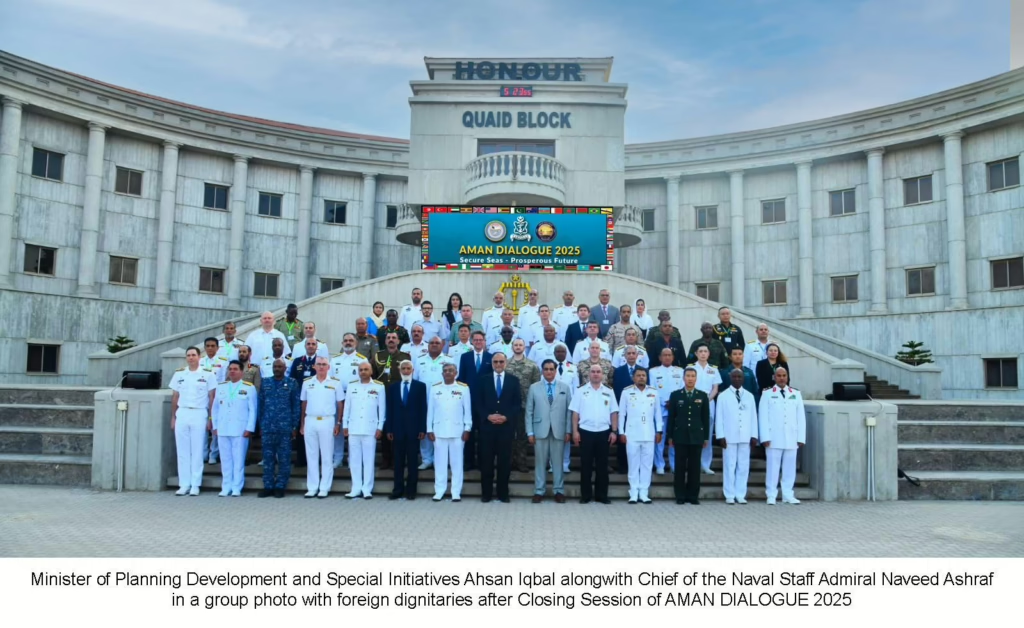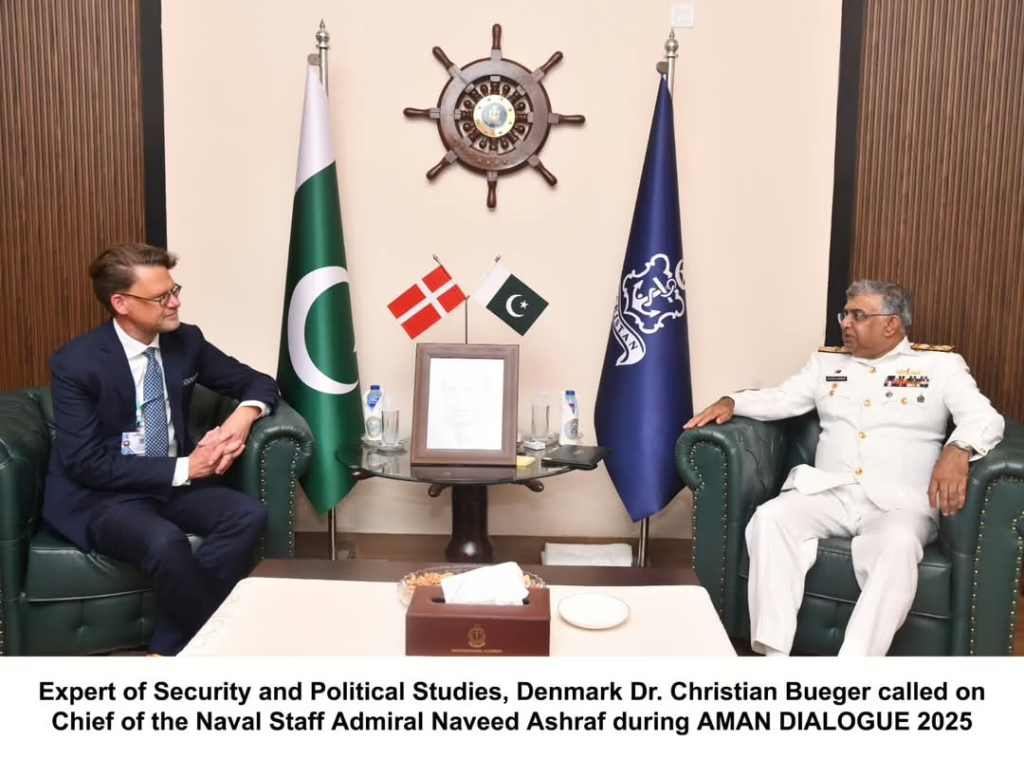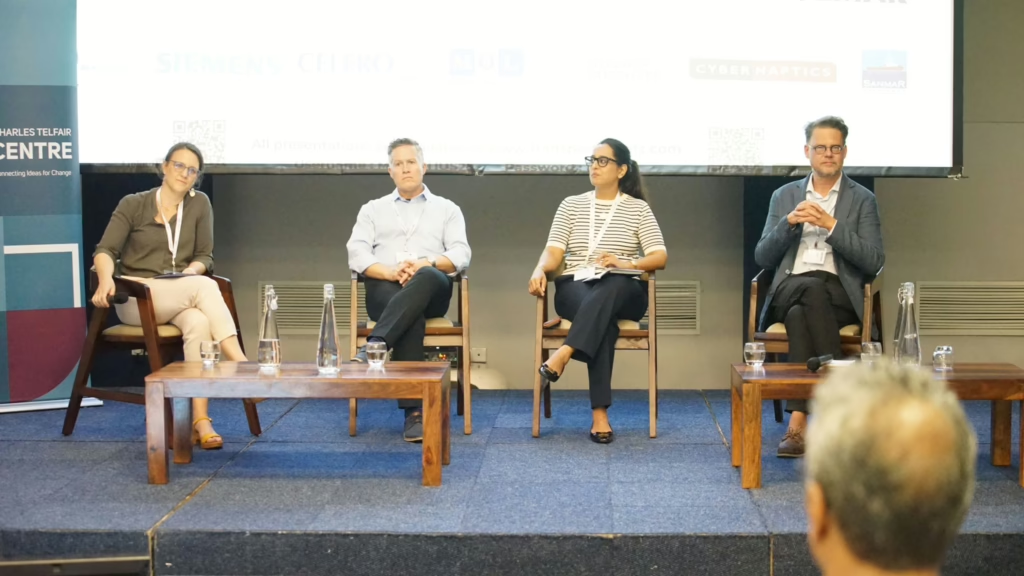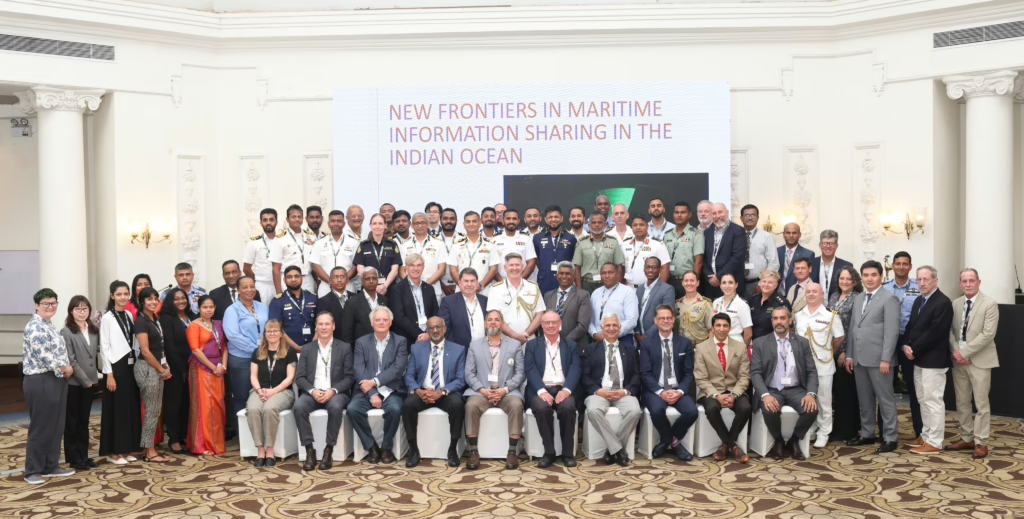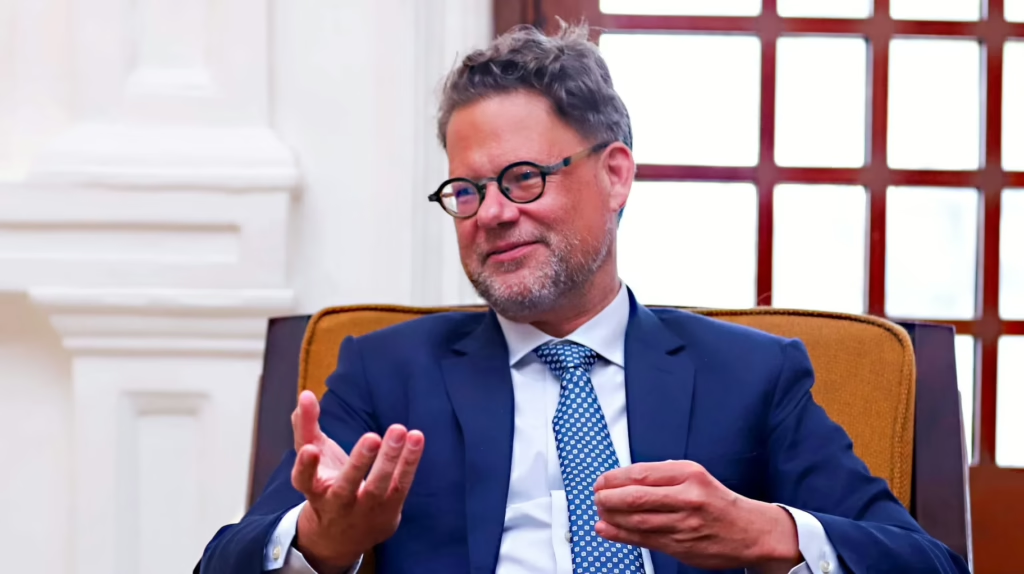The number of maritime accidents and dangerous situations in European seas continues to rise dramatically. Damage to underwater infrastructure, substandard vessels in distress, and unusual ship accidents indicate growing instability in the European maritime space.
It remains uncertain which of these incidents can be linked to deliberate acts, or whether some are state-sponsored. Regardless of whether regional seas such as the Baltic are now in the ‘grey zone’ between war and peace, Europe needs to better protect its maritime activities, installations, and the environment.
On Friday, 21.3., I had the pleasure to speak at a workshop in Brussels organized by the European External Action Service – the EU’s diplomatic service. The workshop convened Law of the Sea and maritime security experts from member states and the Commission, with the key objective of identifying legal options and new actions to make the EU’s waters safer.
What are the legal foundations to improve law enforcement to prevent accidents, conduct thorough investigations, and prosecute perpetrators? The EU does not have a unified voice when it comes to how the UN Convention on the Law of the Sea and other conventions should be interpreted.
For instance, when and where can a ship be stopped and boarded without waiting for flag state permission? What are the limits of ‘innocent passage’ – the key concept to ensure freedom of navigation in the Law of the Sea?
The EU will continue to grapple with these questions, but it is important that an organized discourse is now underway. Having the right laws in place is equally important as developing the right technology or strengthening operational coordination.
